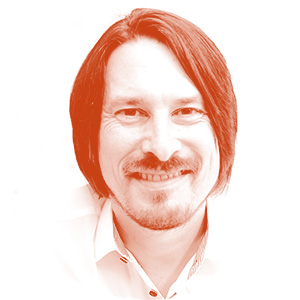Workshops for the new age
Remember the days when workshops were that marathon where you had to block off entire days in your calendar? A pretty tough choice when you’re busy getting that project finished.
During the pandemic, all of that shifted to Zoom, making things even worse. People tried to cram both into their calendar. The workshop, and in between breaks, they would quickly hop on a team meeting.
Exhausting, to say the least!
After the pandemic, zoom fatigue kicked in and many rushed back to in-person sessions. But the workload didn’t decrease, the schedules didn’t empty, the deadlines wouldn’t give in.
And yet, something shifted.
More and more of my clients do enjoy an improved workshop format that’s a consequence of the learnings we made through the pandemic.
We realized that when you’re meeting online, without the travel, why would you have to stick to a full day workshop? What made sense in a world where it’s crucial to minimize travel time, didn’t make as much sense in a world without that travel.
So, we tried to change the format to a series of smaller events, spread over several weeks, much like your favorite TV series but for professional development.
For my clients, this model turned out to be more than a quick fix. It was a game-changer:
- No more blocking off entire days or weeks. These workshop series are bite-sized learning sessions that sneak into your busy schedule.
- Our attention spans and learning styles have evolved and we’re no longer used to information marathons. We crave quick, impactful learning bursts that stick. These workshops acknowledge that with snippets of inspiration.
- A focus on doing. The snippets we discuss in one session can be applied in the time in-between sessions. It deepens understanding and strengthens the discussion in the following sessions.
- Revisiting topics over weeks allows for even deeper understanding and retention. It’s not a one-off inspiration; it’s lasting change.
Plus, let’s not forget the reduced carbon footprint of fewer travel-intensive retreats.
But don’t get me wrong – retreats are still vital for getting work done. When you want to nail a specific story, it’s priceless to set the time aside and don’t stop digging until you’ve nailed it. These series are not meant to replace these kinds of workshops. They’re the perfect complement for when you want to improve your skills in a sustainable way.
For my clients, workshops as a series have emerged as a response to our changed world – a world where learning needs to be as dynamic as our lives. It’s a recognition that sometimes, less is more, and slow and steady can win the race. Reach out, if you want this, too.
